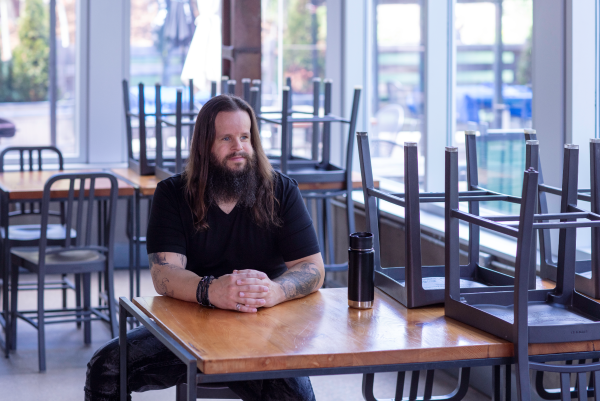 By Joe Baker, Tourism HR Canada Board Member
By Joe Baker, Tourism HR Canada Board Member
This article was originally published in STAY Magazine.
One of the greatest challenges the hospitality and tourism industry is grappling with is the present state of our workforce. Workforce can be an ambiguous term. When I use the term, I am speaking about a spectrum that includes every individual working in our industry—from frontline to senior executive.
The most pressing issue at hand requires us to focus on a core concept that should already be present in every business in this industry—real leadership.
In September of this year, Canada reached a milestone on our route to recovery. According to Statistics Canada, after four consecutive months of increase, the country added 157,000 new jobs. The gains in September brought employment back to the same level as in February 2020, just before the onset of the pandemic. A sampling of the headlines from major media outlets could lead an observer to believe all is well. To mention but a couple: “Canada’s labour market returns to pre-pandemic levels” (BNN Bloomberg), “Canada posts massive jobs gain; employment back to pre-pandemic levels” (Reuters). Looks good. Doesn’t it?
If you have been reading STAY Magazine then you know this is not the lived experience of employers across Canada’s hospitality and tourism industry. In late November of this year, through in-depth analysis, Tourism HR Canada reported an unprecedented 200,000 job vacancies. That is 200,000 jobs unfilled due to an insufficient supply of human capital.
These two data points create a challenging dilemma and conflicting narrative for our industry. On one hand, we run the risk that our government officials who may be looking at macro-level employment numbers are influenced to slow business relief programs assuming there is a healthy and robust workforce. This puts pressure on our associations and advocacy bodies who are tenacious in their push for continued support to our employers. And most immediately this puts pressure on our employers who feel beaten by the pandemic.
These seemingly divergent data points also put pressure on a narrative I hope we can begin to move away from. The idea that hospitality and tourism workers have traded their jobs for a steady supply of government subsidies and are staying at home rather than returning to work is both inaccurate and dangerously anecdotal.
It also casts our workforce in an extremely unflattering light and allows us to shift blame to them rather than wrestling with the idea that it is the industry that let them down. Take a moment to reflect on what the Stats Can data told us—the Canadians who left the overall workforce during the pandemic have now returned. But interpreting the data requires careful analysis. They may have returned to the workforce, but they did not return to our workforce. They left. And they likely aren’t choosing to come back.
Albert Einstein is famously quoted as having said, “If I had an hour to solve a problem, I’d spend 55 minutes thinking about the problem and five minutes thinking about solutions.” The question to ask ourselves now looks more like this. Why did our workforce leave in the first place? What prompted that choice? Why did they then decide to re-join the labour market in a new industry? And what can we learn from this loss that can prevent another in the future?
As we look forward to solutions, we need to focus on new recruitment strategies in tandem with new retention plans. The cost of this correction in the labour market will be substantial. And anyone reading this who works in sales or human resources equally understands that the cost of recruiting new is far greater than investment in retaining those we have. If we want to make a difference, we need to accept that the path less travelled is one lined with empathy and growth leading to a new approach in human capital management that nurtures our workforce.
Joe Baker is a passionate leader within Canada’s tourism, hospitality and education sectors and a vocal advocate for a resilient, inclusive, future-forward industry. He is CEO of Joe Baker & Co., a human capital consultancy focused on strengthening hospitality and tourism organizations and people. Baker was dean at Centennial College’s School of Hospitality, Tourism and Culinary Arts where he led the most significant transformation in the school’s over 50-year history. He serves on the board of directors at Tourism HR Canada, Tourism Industry Association of Ontario and is on the editorial advisory board for SUSTAIN Magazine.
Joe can be found everywhere @thejoebaker.
